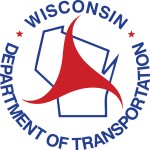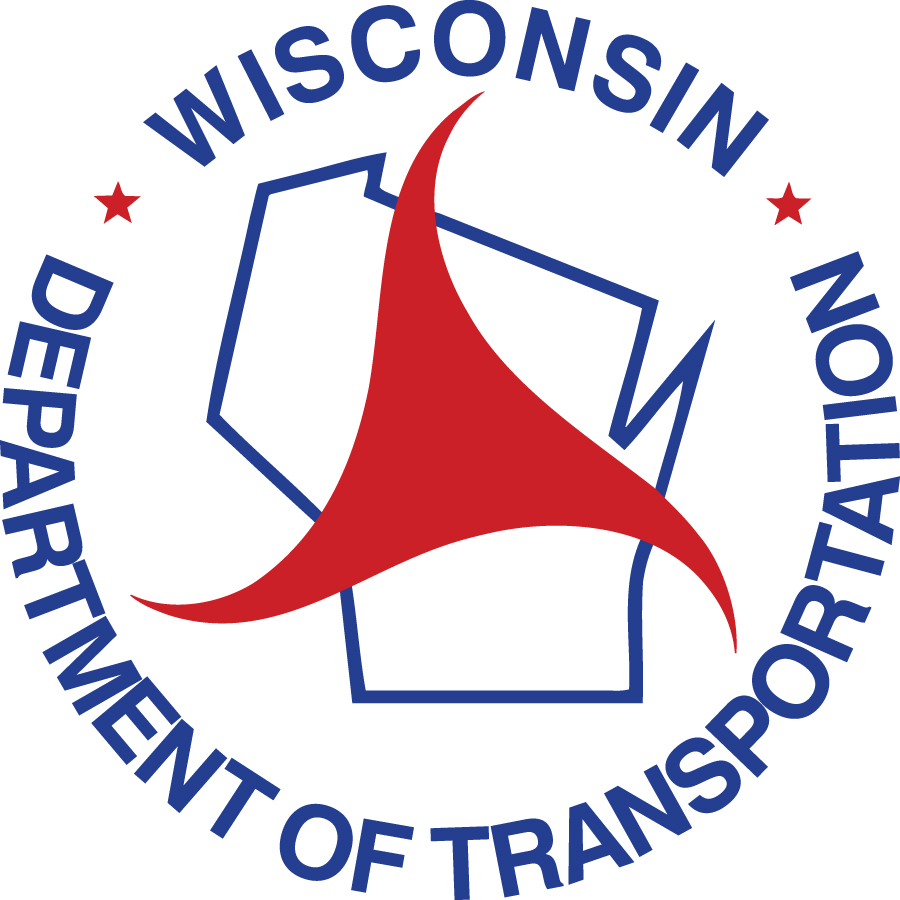Wisconsin receives federal approval for state’s Electric Vehicle Plan
The Federal Highway Administration has approved Wisconsin’s plan to expand its electric vehicle charging stations under the National Electric Vehicle Infrastructure (NEVI) initiative.
The approval means that the Wisconsin Department of Transportation (WisDOT) can now receive federal funding to implement the Wisconsin Electric Vehicle Infrastructure Plan.
“We are seeing an increasing demand for electric vehicles in Wisconsin and manufacturers are ramping up production of electric models. Some manufacturers have goals of producing 100% electric vehicles in the future,” WisDOT Secretary Craig Thompson said. “To accommodate this growth, Wisconsin is stepping up its efforts to provide the electric vehicle infrastructure the state will need.”
WisDOT estimates receiving approximately $78.65 million over the next five years under the NEVI program. Today most electric vehicle charging is accomplished at home. To support long distance electric vehicle trips and overcome range anxiety, NEVI funds will be used to develop a network of publicly accessible charging stations along Wisconsin’s Alternative Fuel Corridors.
Currently, these include five Interstates: I-90, I-94, I-43, I-41, and I-535; seven U.S. highways: US 53, US 151, parts of US 51, WIS 29, US 2 and US 141, and all of US 8 and US 41.
Wisconsin’s Electric Vehicle Infrastructure Plan envisions placement of approximately 60 charging station locations within 50 miles of each other on Wisconsin’s designated Alternative Fuel Corridors.
NOTE: This press release was submitted to Urban Milwaukee and was not written by an Urban Milwaukee writer. While it is believed to be reliable, Urban Milwaukee does not guarantee its accuracy or completeness.
Mentioned in This Press Release
Recent Press Releases by Wisconsin Department of Transportation
Frozen Road Law Covers All Zones in Wisconsin
Feb 5th, 2026 by Wisconsin Department of TransportationLaw increases weight limits for log haulers, transport of road salt/sand





















